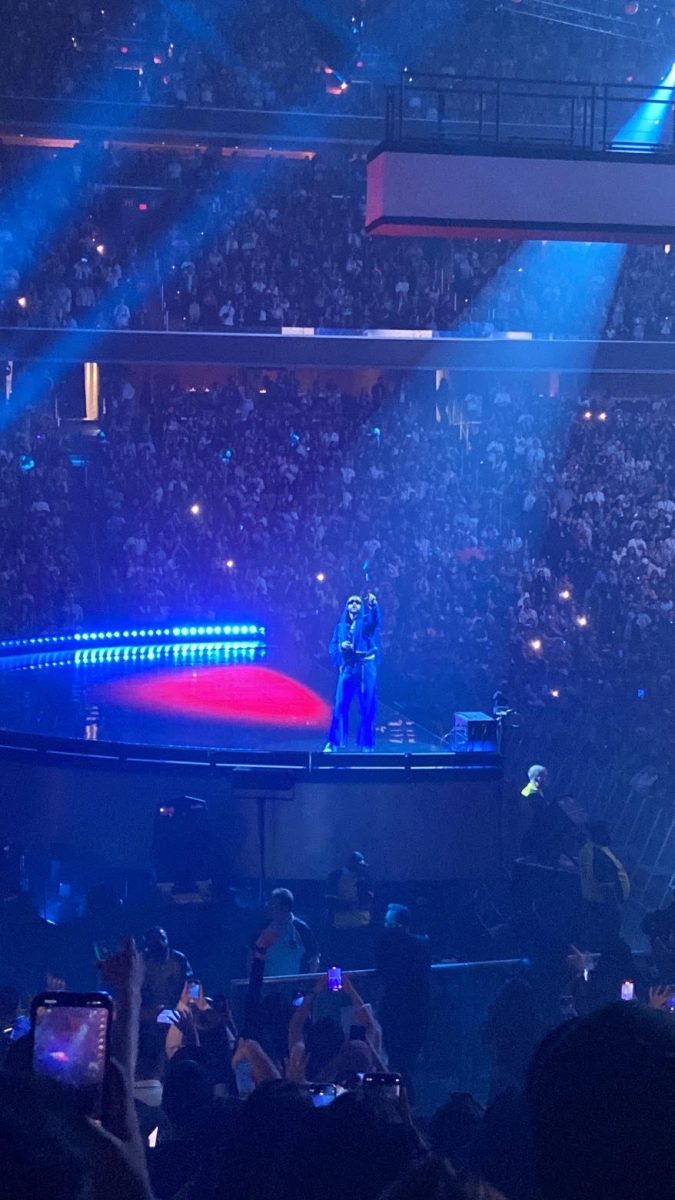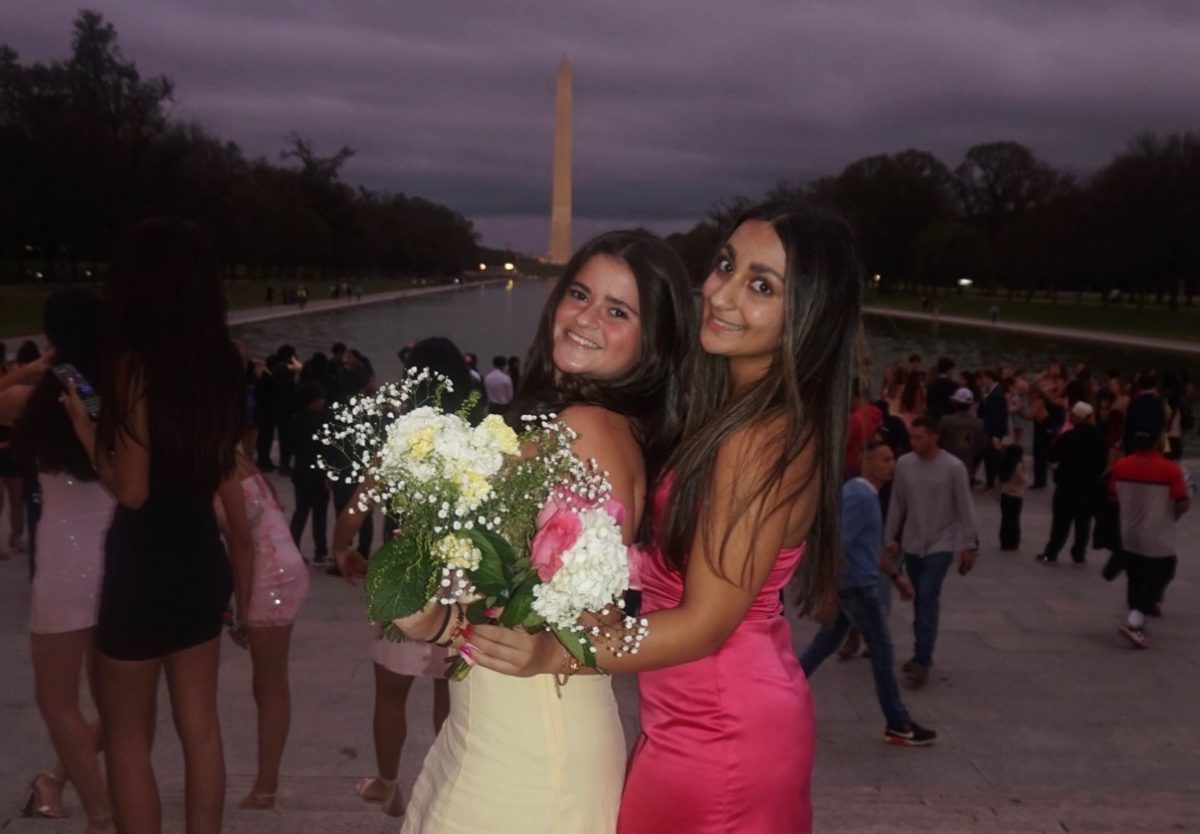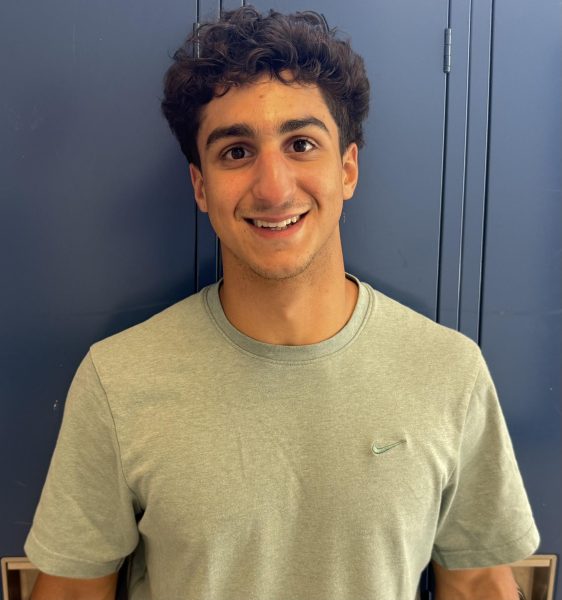For years, the Super Bowl halftime show has been one of the most-watched events in the world, featuring major American artists like Beyoncé, Rihanna, and The Weeknd. But this year’s announcement that Puerto Rican superstar Bad Bunny will headline marks a groundbreaking moment not only for Latin music but also for Hispanic and Spanish-speaking communities across the country.
Bad Bunny, known for blending reggaeton, trap and Latin pop, has become a global icon representing Puerto Rican pride and Latin identity. His upcoming Super Bowl performance is seen by many as a recognition of the growing influence of Hispanic culture in mainstream entertainment. For Spanish-speaking students at school, it’s more than just music: it’s representation on one of the biggest stages in the world. “Since Spanish is my mom and I’s way of communication and we are fans of Bad Bunny, this will be a great moment and experience I get to share with her when watching the show in February,” senior Bryson Filbert said.
The excitement among students has been extreme in Spanish and Latinx communities. Seeing someone who speaks their language and represents their culture headline an American tradition feels like a victory for visibility and pride. Teachers and staff have also noticed how this moment sparks conversation about culture, identity and belonging. “As a member of the Spanish Honors Society, this sparked a lot of positive conversations amongst peers and teachers in our classes, speaking about how this will be a monumental moment and a great step for the Hispanic community,” senior Kai Schmelzer said.
Beyond cultural pride, Bad Bunny’s Super Bowl performance is inspiring students to think differently about success and creativity. His rise from a small-town supermarket worker to an international superstar shows that staying true to one’s roots can lead to global success. Students say this motivates them to embrace their heritage while pursuing their dreams in the U.S.. “I work at a country club and a lot of the grounds crew is a part of the Hispanic community, and any of them also could also one day have the potential to be as mainstream as Bad Bunny,” Filbert said.
Not everyone shares this enthusiasm. Some students think the Super Bowl should feature more English-speaking artists or worry that the performance might not resonate with all viewers. Others argue that music transcends language, and this is an opportunity for people of all backgrounds to connect through rhythm and energy. “The Super Bowl has always headlined artists whose main language is English, so this will be a change that I don’t know to be excited or nervous for,” senior Owen Goozh said.
As the Super Bowl approaches, anticipation continues to grow. Whether fans tune in for football or for Bad Bunny’s show, one thing is clear: his presence marks a turning point in how Latin culture is celebrated in mainstream America. For Spanish-speaking students, it’s not just a concert; it’s a moment of cultural recognition that reminds them they belong on the world’s biggest stages too.









